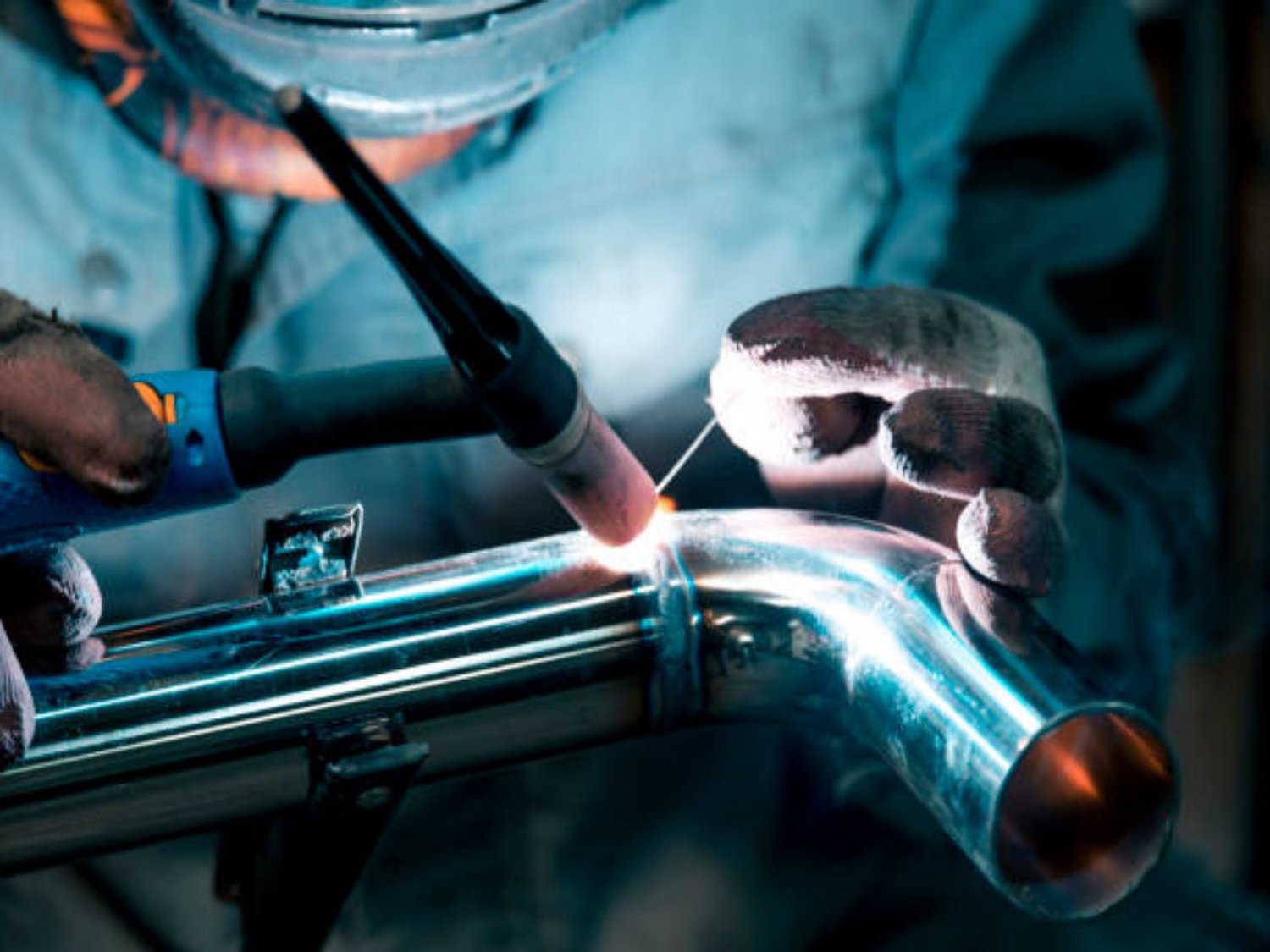Table of Contents

The Importance of Understanding the Corrosion Resistance of Titanium Tubes
Titanium tubes are widely used in various industries due to their exceptional strength, light weight, and excellent corrosion resistance. Understanding the corrosion resistance of titanium tubes is crucial for ensuring their long-term performance and reliability in corrosive environments. In this article, we will explore the various aspects of titanium tube corrosion resistance and its implications in different applications.
The Basics of Corrosion Resistance
Corrosion resistance refers to a material's ability to withstand degradation and damage caused by chemical reactions with its surrounding environment. Titanium, thanks to its unique properties, exhibits remarkable resistance to corrosion, particularly in aggressive environments such as saltwater or acidic solutions. This attribute makes it an ideal choice for applications where exposure to corrosive elements is inevitable.
The Role of Passive Film
One of the key factors contributing to titanium tube's corrosion resistance is the formation of a passive film on its surface. When exposed to oxygen, titanium reacts with it to form a thin oxide layer. This oxide layer acts as a protective barrier, preventing further oxidation and corrosion. The stability and thickness of this passive film greatly influence the overall corrosion resistance of titanium tubes.
Effect of Alloying Elements
Alloying titanium with other elements can further enhance its corrosion resistance. For example, the addition of small amounts of elements like aluminum, vanadium, or niobium can improve the stability and effectiveness of the passive film. These alloying elements modify the microstructure of titanium, making it more resistant to corrosion in harsh environments.
Corrosion Types and Prevention
Understanding the different types of corrosion that titanium tubes may encounter is vital for effective prevention and maintenance. The most common forms of corrosion include pitting corrosion, crevice corrosion, and stress corrosion cracking. Implementing proper design measures, using protective coatings, and regular inspections can significantly mitigate the risk of corrosion and extend the lifespan of titanium tubes.
Environmental Factors
The corrosion resistance of titanium tubes can be influenced by various environmental factors. Temperature, humidity, pH level, and the presence of specific chemicals are some of the key parameters that can affect the overall corrosion behavior. Proper consideration of these factors is essential when selecting titanium tubes for specific applications.
Applications of Titanium Tubes
Titanium tubes find applications in a wide range of industries, including aerospace, marine, chemical processing, and medical. In the aerospace industry, titanium tubes are used in aircraft structures and hydraulic systems due to their lightweight and corrosion-resistant properties. In the medical field, titanium tubes are used for implants and prosthetics due to their biocompatibility and resistance to bodily fluids.
Advantages over Other Materials
Compared to other materials commonly used in similar applications, titanium tubes offer several advantages. Their high strength-to-weight ratio allows for weight reduction in structures without compromising performance. Additionally, titanium's corrosion resistance eliminates the need for frequent maintenance and replacement, resulting in cost savings over time.
Challenges and Limitations
While titanium tubes offer exceptional corrosion resistance, they do have some limitations. Titanium is a relatively expensive material compared to other metals, which can affect its widespread adoption in certain industries. Additionally, the processing and fabrication of titanium tubes require specialized equipment and techniques, adding to the overall production costs.
Future Developments
Ongoing research and development efforts aim to further enhance the corrosion resistance of titanium tubes. Advancements in alloying techniques, surface treatments, and coatings hold promise for improving the already impressive properties of titanium. These advancements may expand the range of applications where titanium tubes can be used, making them even more versatile and reliable in corrosive environments.
